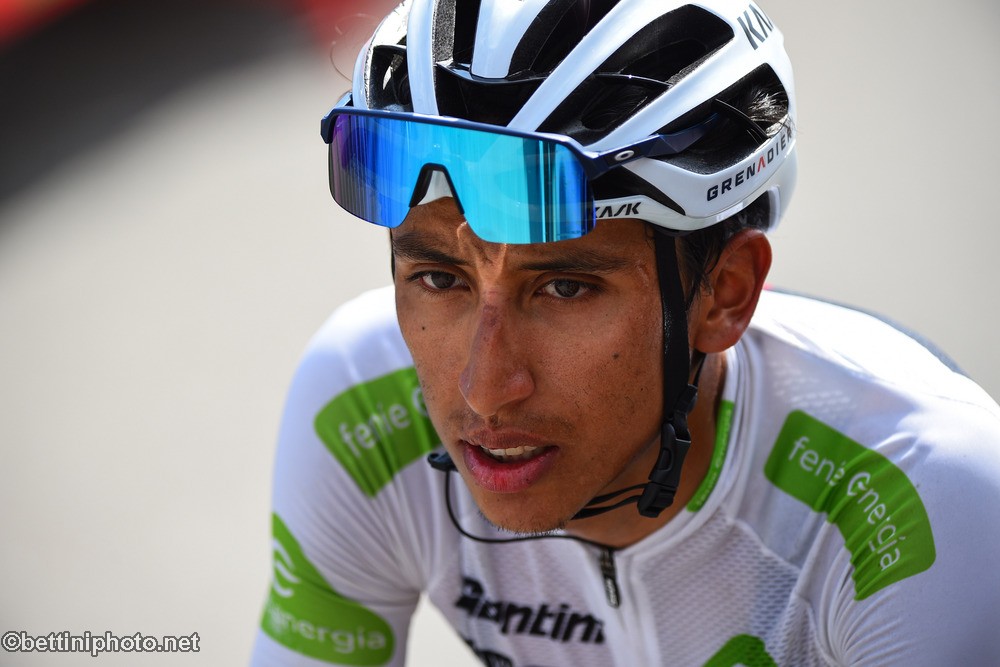Egan Bernal praises Adam Yates’ late Vuelta a España attack as 'good for morale'
Ineos Grenadiers leader uncertain if third week colder weather will benefit him

Adam Yates’ late attack in an otherwise anodyne GC stage of the Vuelta a España on Sunday represented both a morale boost for Ineos Grenadiers and shows that the Briton is in great shape, his teammate Egan Bernal said after the finish.
Yates chipped away 15 seconds on the other favourites thanks to his attack on a third-category climb close to the finish town of El Barraco.
Overall he remains in eighth place, 4:34 back on Odd Christian Eiking (Intermarché-Wanty-Gobert Matériaux) and just under three minutes adrift of overall favourite Primož Roglič (Jumbo-Visma).
His attack was about more than the seconds gained.
“He felt good and he was trying to get some seconds overall, not thinking about any rider in particular,” Bernal, who remains in seventh place on GC at 4:21, said. “He tried to get away several times and he managed to go clear, and that’s important for the morale.”
Bernal highlighted that Yates was able to hold off the chasers. in the last two kilometres as the GC group went flat out behind him.
“He had a gap of 20 seconds and they only got five seconds back off that,” the Colombian pointed out.
Get The Leadout Newsletter
The latest race content, interviews, features, reviews and expert buying guides, direct to your inbox!
The fast finish came after a very fast start with average speeds of 50 kph in the first hour.
“I was following wheels and asking myself how we could have that kind of pace on such tough terrain,” Bernal said. “Riders are racing at a very high level here.”
Yates’ late move allowed him to recoup the minor time loss he had on Saturday at Pico Villuercas, where he shed 12 seconds on Roglič and Bernal.
With only 13 seconds separating the two Ineos Grenadiers riders during the second rest day of the Vuelta, both riders offer GC options for the team.
Bernal’s uneven start to the Vuelta made him cautious about predicting any final results, even if the colder weather expected for the Vuelta’s third and final week could benefit him.
“Really I don’t know what’s best for me, hotter or colder,” he said. “We’ll just have to see how I feel.”
Alasdair Fotheringham has been reporting on cycling since 1991. He has covered every Tour de France since 1992 bar one, as well as numerous other bike races of all shapes and sizes, ranging from the Olympic Games in 2008 to the now sadly defunct Subida a Urkiola hill climb in Spain. As well as working for Cyclingnews, he has also written for The Independent, The Guardian, ProCycling, The Express and Reuters.
